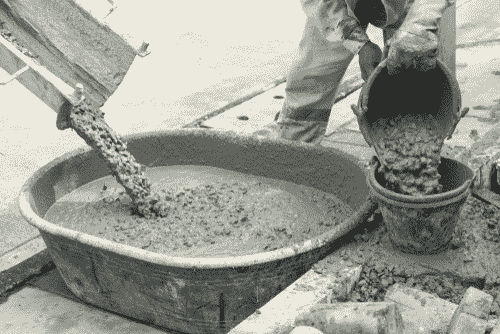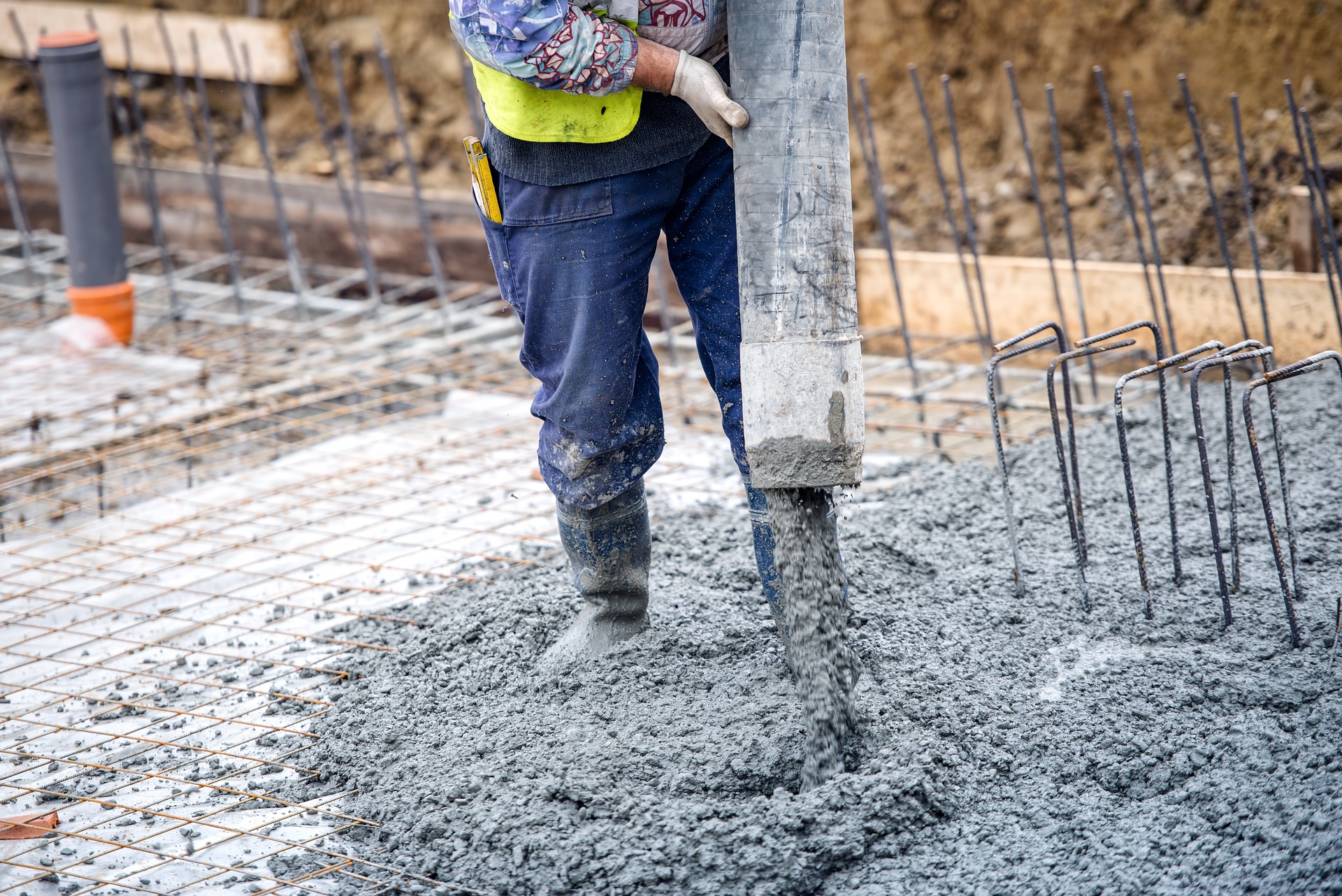Why Pick Our Concrete Solutions: Quality in Every Pour
Why Pick Our Concrete Solutions: Quality in Every Pour
Blog Article
Unveiling the Eco-Friendly Advantages of Utilizing Recycled Concrete in Lasting Building And Construction Practices
In the realm of lasting building and construction practices, the utilization of recycled concrete stands as a pivotal yet usually undervalued resource. Past its standard applications, recycled concrete deals a myriad of eco-friendly benefits that extend much beyond the confines of conventional construction materials.
Ecological Benefits
Undoubtedly, among the most significant benefits of making use of recycled concrete is its positive effect on the setting. By integrating recycled concrete into building and construction practices, there is a significant reduction in the requirement for brand-new basic materials, leading to conservation of natural deposits. This procedure assists in preserving aggregates, water, and power that would certainly have been made use of in creating new concrete. Furthermore, the usage of recycled concrete reduces the amount of waste being sent to garbage dumps, thus lowering ecological air pollution and alleviating the stress on landfill capacities.

In comparison, recycled concrete has a lower carbon footprint as it minimizes the demand for brand-new concrete manufacturing. Generally, the ecological advantages of utilizing recycled concrete are considerable and play an important function in promoting environmentally friendly construction methods.
Cost-Efficiency
Attaining cost-efficiency is a critical factor to consider when assessing the utilization of recycled concrete in building and construction projects. Among the vital advantages of utilizing recycled concrete is its cost-effectiveness compared to standard concrete. The manufacturing of recycled concrete involves less energy and resources as it utilizes existing materials, reducing the total task prices considerably. In addition, the accessibility of recycled concrete in your area can additionally decrease transportation expenditures, making it an extra cost-effective choice for building and construction jobs.
Furthermore, the use of recycled concrete can bring about financial savings in land fill prices by drawing away concrete waste from disposal sites. This not only reduces the ecological impact but likewise eliminates the prices related to waste removal. The longevity and performance of recycled concrete are comparable to conventional concrete, ensuring that cost savings do not endanger the top quality of the building and construction.
Resilience and Stamina
Taking into consideration the significant cost-efficiency advantages of making use of recycled concrete, it is imperative to analyze its durability and strength in building applications. Recycled concrete deals similar, if not premium, longevity and strength residential properties to typical concrete. With improvements in processing techniques and high quality control, recycled concrete can satisfy or surpass the performance standards of conventional concrete. The process of reusing concrete entails crushing, sorting, and evaluating old concrete to produce aggregates that can be used in new building and construction tasks. These recycled accumulations can supplying satisfactory compressive toughness, resilience, and lasting efficiency.

Waste Reduction
When it comes to making use of recycled concrete, waste decrease is an essential benefit that contributes dramatically to ecological preservation. By including recycled concrete right into building and construction projects, this waste is find out this here repurposed and drawn away from landfills, reducing the total environmental effect of construction activities.
Additionally, the use of recycled concrete can lead to cost savings for building and construction projects, as it is usually more cost effective than sourcing and delivering new products - Concrete. In final thought, waste reduction with the use of recycled concrete is an important component of lasting building and construction methods that benefits both the setting and the construction my site sector as a whole.
Power Conservation
When it comes to making use of recycled concrete in building, considerable power cost savings are attained contrasted to conventional concrete manufacturing. The process of generating recycled concrete entails squashing and recycling existing concrete materials, which eats much less energy than mining, processing, and carrying raw products for brand-new concrete manufacturing.
Final Thought
To conclude, the use of recycled concrete in lasting construction techniques provides numerous ecological advantages, cost-efficiency, longevity, toughness, waste decrease, and energy preservation. By incorporating recycled concrete right into building and construction tasks, we can add to an extra lasting and environmentally pleasant future. It is important for the building market to prioritize using recycled materials to help in reducing the ecological influence of building and construction tasks.
One of the crucial you could try this out advantages of using recycled concrete is its cost-effectiveness contrasted to typical concrete.Moreover, the use of recycled concrete can lead to cost savings in land fill expenses by diverting concrete waste from disposal sites. The toughness and efficiency of recycled concrete are similar to traditional concrete, making certain that price financial savings do not compromise the top quality of the construction.

Report this page